Migration has not been an issue in Poland in recent decades. The country, rebuilt after the World War II through mass relocation and resettlement, has become a unitary nation-state that is not attractive to immigrants. However, this situation has changed significantly in the last decade with the arrival of large numbers of migrants – first from Ukraine and then from more distant regions, including Muslim countries.
Until now, there have been no surveys on how Poles feel about migration. This gap has been filled by a survey by the Ariadna polling institute, the results of which were published in the conservative weekly Do Rzeczy. The issue of migration is particularly topical as one of the four questions in an upcoming referendum, to be held in parallel with the parliamentary elections on 15 October, concerns the EU proposal on the distribution of asylum seekers.
The survey results show that Poles, regardless of party affiliation, do not support immigration and categorically reject the idea of having to accept migrants from outside Europe.
Some 90 per cent of respondents said no to accepting migrants from Muslim countries in Asia: 88 per cent would not welcome migrants from Africa and the Middle East, 86 per cent from India, 84 per cent from the Caucasus and 82 per cent from Latin America, while 72 per cent even reject Asian Christians. The only country where immigrants enjoy greater social support is Ukraine. Forty per cent are in favor of accepting citizens from a neighboring country at war, while 60 per cent are against.
92 per cent of respondents do not want mosques to be built in Poland either wholly or partly with foreign funding, compared to eight per cent who said yes to the idea. A high proportion (69%) are against making it easier for foreigners to obtain Polish citizenship. A majority even consider the current rules too liberal, according to which it is possible to apply for citizenship after three years of residence in Poland if the applicant has a permanent residence permit, a regular income and can legally move into a property. 89% of respondents rejected the idea of immigrants receiving the same social benefits as Poles.
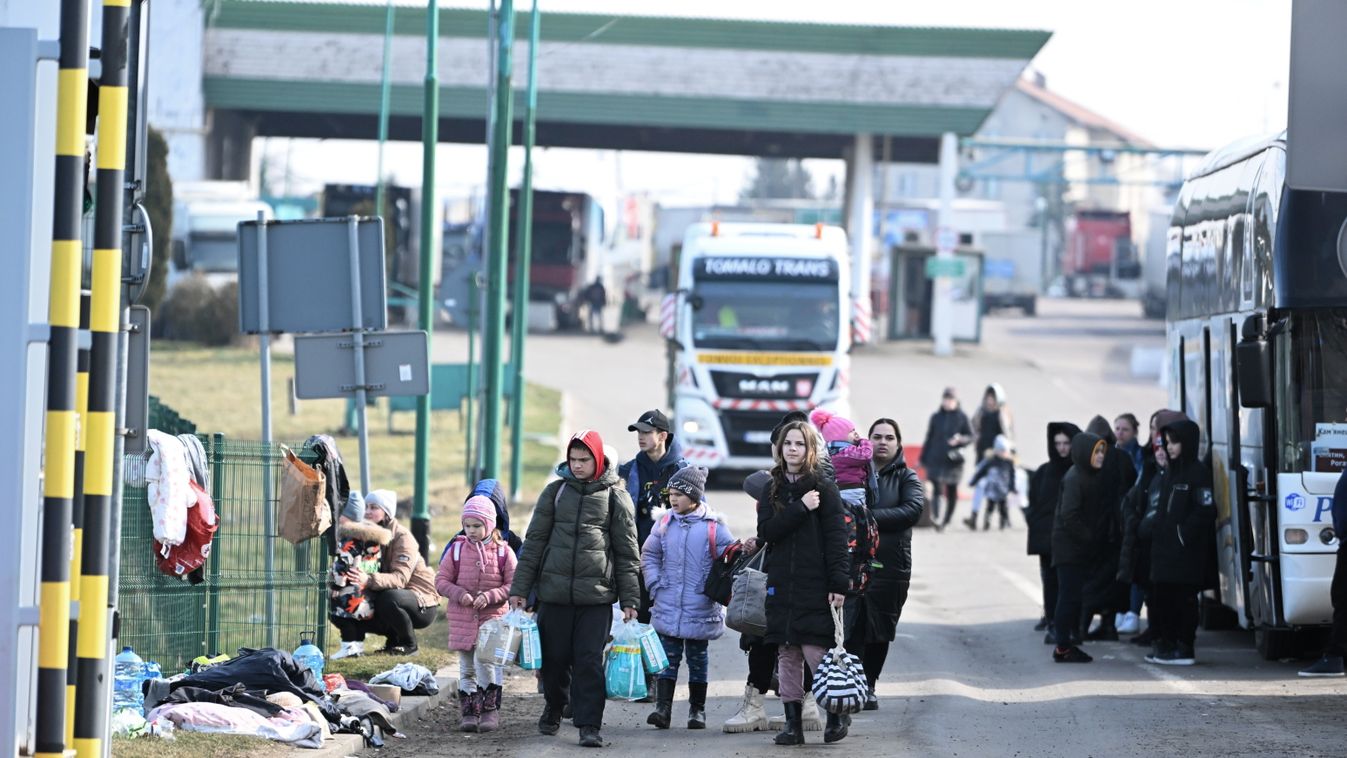
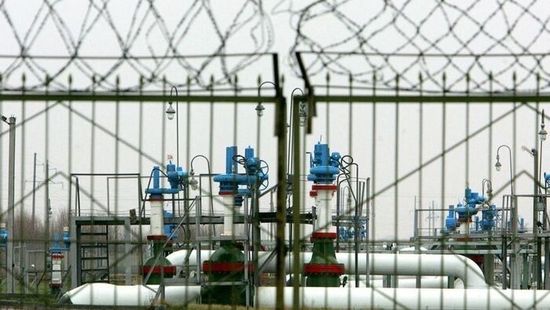
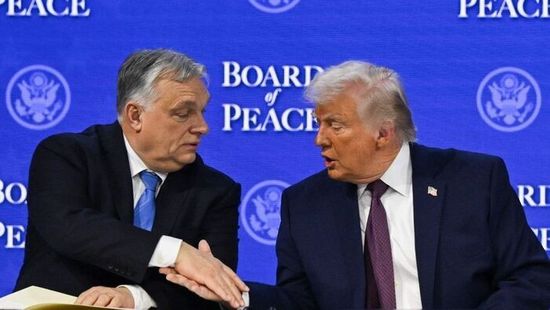
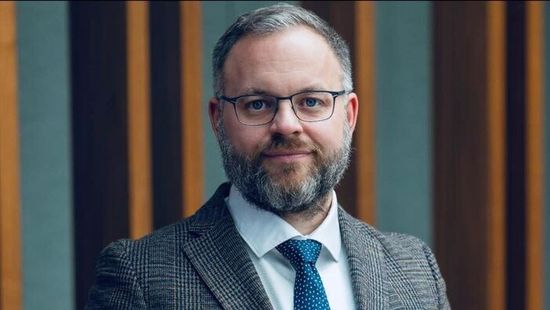
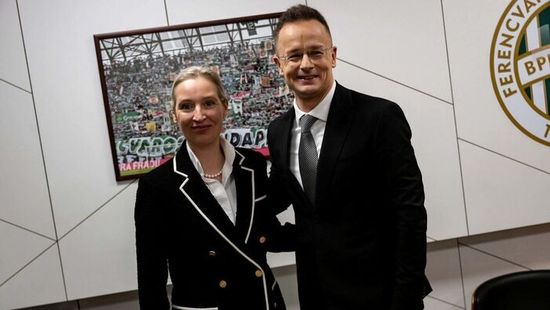




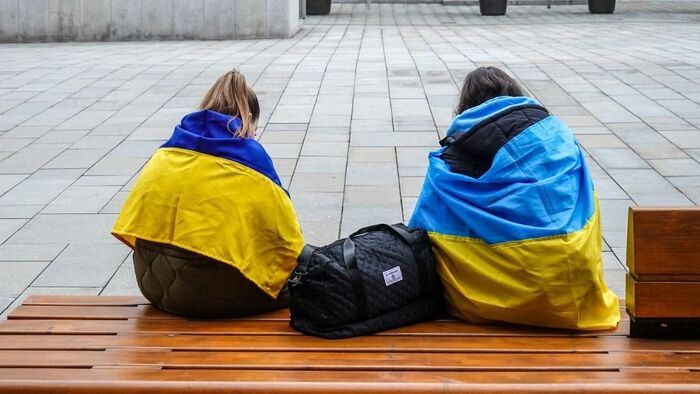

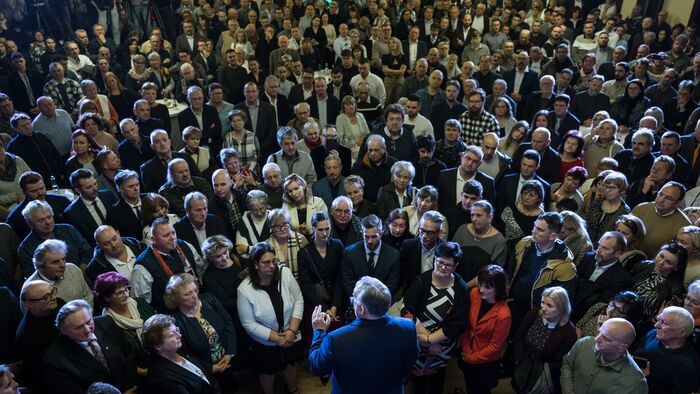



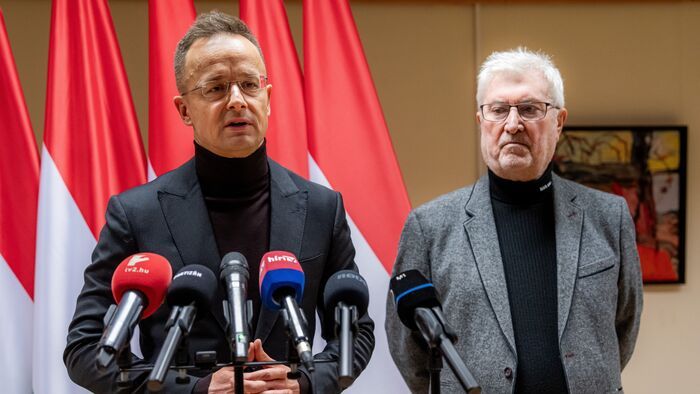



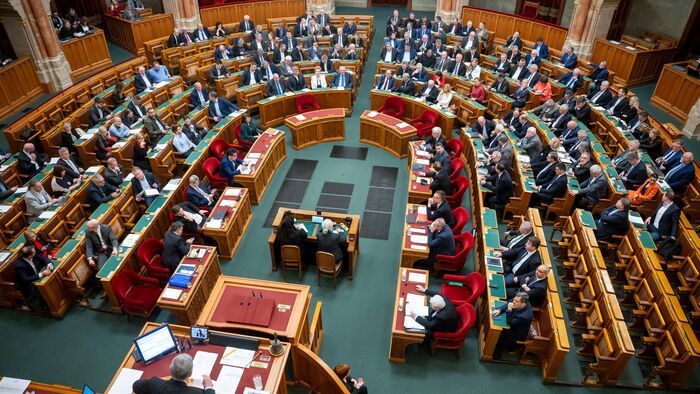



Szóljon hozzá!
Jelenleg csak a hozzászólások egy kis részét látja. Hozzászóláshoz és a további kommentek megtekintéséhez lépjen be, vagy regisztráljon!